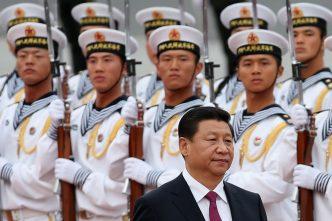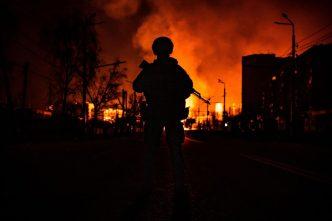Australia needs urgently to improve its understanding of deterrence so that it can build an effective strategy to respond to future provocation and malicious behaviour by aggressive actors. Despite having previously been a global thought …
Nuclear deterrence, with its inherent risk of annihilation, cannot remain the bedrock of international security. Nuclear states, particularly great powers, can and should work on new conventional strategic options that can effectively deter aggression without …
The state of deterrence against China in the Indo-Pacific is constantly adapting to the evolving threat Beijing poses to the United States and its allies on multiple fronts. But a growing number of US military …
In the coming weeks, a flood of analysis can be expected marking the end of the second year of war in Ukraine. In fact, the war began 10 years ago when Russia seized Crimea …
The recent ASPI report by Marcus Hellyer and Andrew Nicolls is a welcome addition to the B-21 debate in Australia. In the report, Hellyer and Nicolls cite Michael Mazarr, a senior political scientist at the …




